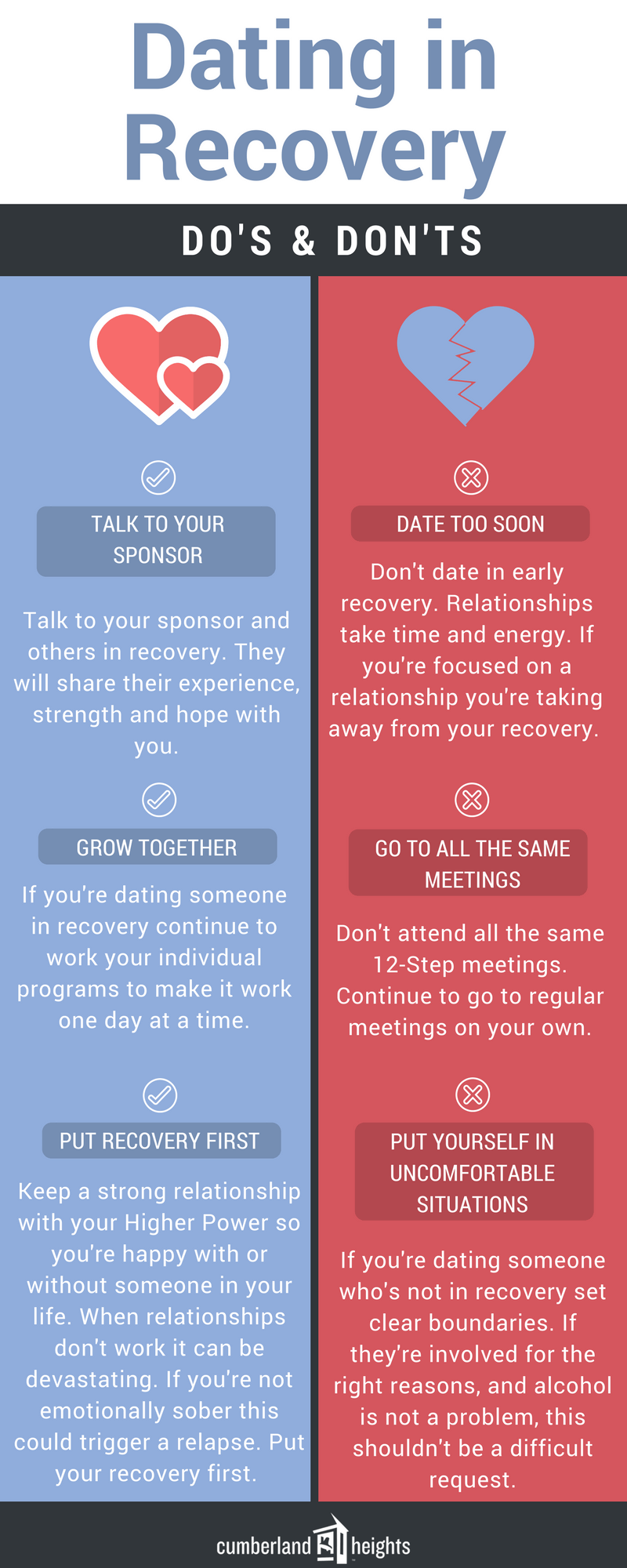Managing Triggers And Desires Post Drug Rehabilitation
Managing Triggers And Desires Post Drug Rehabilitation
Blog Article
Authored By-Blackburn Meadows
You've completed Drug rehabilitation and taken a significant step towards a healthier way of living. Now, facing triggers and desires post-rehab can be a difficult journey. Just how do you browse through these moments without jeopardizing your progress? Understanding the approaches to deal with triggers and desires is essential in preserving your sobriety. Allow's explore efficient means to handle these challenges and guard your newly found dedication to living a drug-free life.
Determining Triggers and Desires
To effectively manage your triggers and cravings, begin by acknowledging the circumstances or feelings that lead to your need to use. Take a moment to assess what scenarios or sensations trigger your food cravings. Is it stress and anxiety, dullness, social circumstances, or specific areas? By identifying these triggers, you can better prepare yourself to cope with them.
Triggers can be both inner, such as negative emotions or physical pain, and external, like being around individuals that make use of compounds or going to a specific area.
Focus on patterns in your yearnings-- are they more constant at particular times of the day or in action to certain events?
Structure Healthy Coping Techniques
Identifying your triggers and desires is the first step in the direction of structure healthy coping strategies to handle them successfully. As soon as you recognize what situations, emotions, or people trigger your cravings, you can start developing a plan to resolve them.
One efficient approach is to replace unfavorable actions with positive ones. For instance, if tension causes desires, practicing leisure techniques like deep breathing or reflection can assist. Participating in physical activities such as workout or choosing a walk can additionally be a wonderful way to deal with yearnings.
One more essential element of structure healthy and balanced coping methods is to develop a supportive setting. Surround on your own with individuals who recognize your trip and can supply inspiration and accountability. It's important to develop boundaries with people who may not sustain your recuperation.
Additionally, creating a routine that includes healthy and balanced practices like normal exercise, proper nutrition, and sufficient sleep can assist you remain on track and reduce the chance of experiencing triggers and cravings.
Seeking Support and Liability
Creating a network of supportive people who can provide motivation and hold you accountable is crucial in handling triggers and cravings effectively. Highly recommended Internet page out good friends, relative, or a support group that understand your trip and can supply support when you encounter challenging situations.
Having WhiteSands alcohol rehab florida to talk to during minutes of lure can make a significant distinction in staying on track with your healing. Accountability partners can aid you remain concentrated on your goals and advise you of the reasons that you picked to seek help to begin with.
They can also assist in developing an organized strategy to deal with triggers and yearnings, such as developing alternate activities or coping systems to change need to use medicines. Normal check-ins with your support system can supply peace of mind and motivation, assisting you feel less separated in your healing trip.
Conclusion
Bear in mind, acknowledging and coping with triggers and food cravings after Drug rehabilitation is a crucial part of maintaining soberness.
By determining your triggers, developing healthy coping approaches, and looking for support from loved ones or support groups, you can navigate via challenging moments and remain concentrated on your soberness goals.
Remember, you aren't alone in this journey, and with the right tools and assistance, you can get over temptations and live a fulfilling, drug-free life.
Remain strong and keep progressing.
